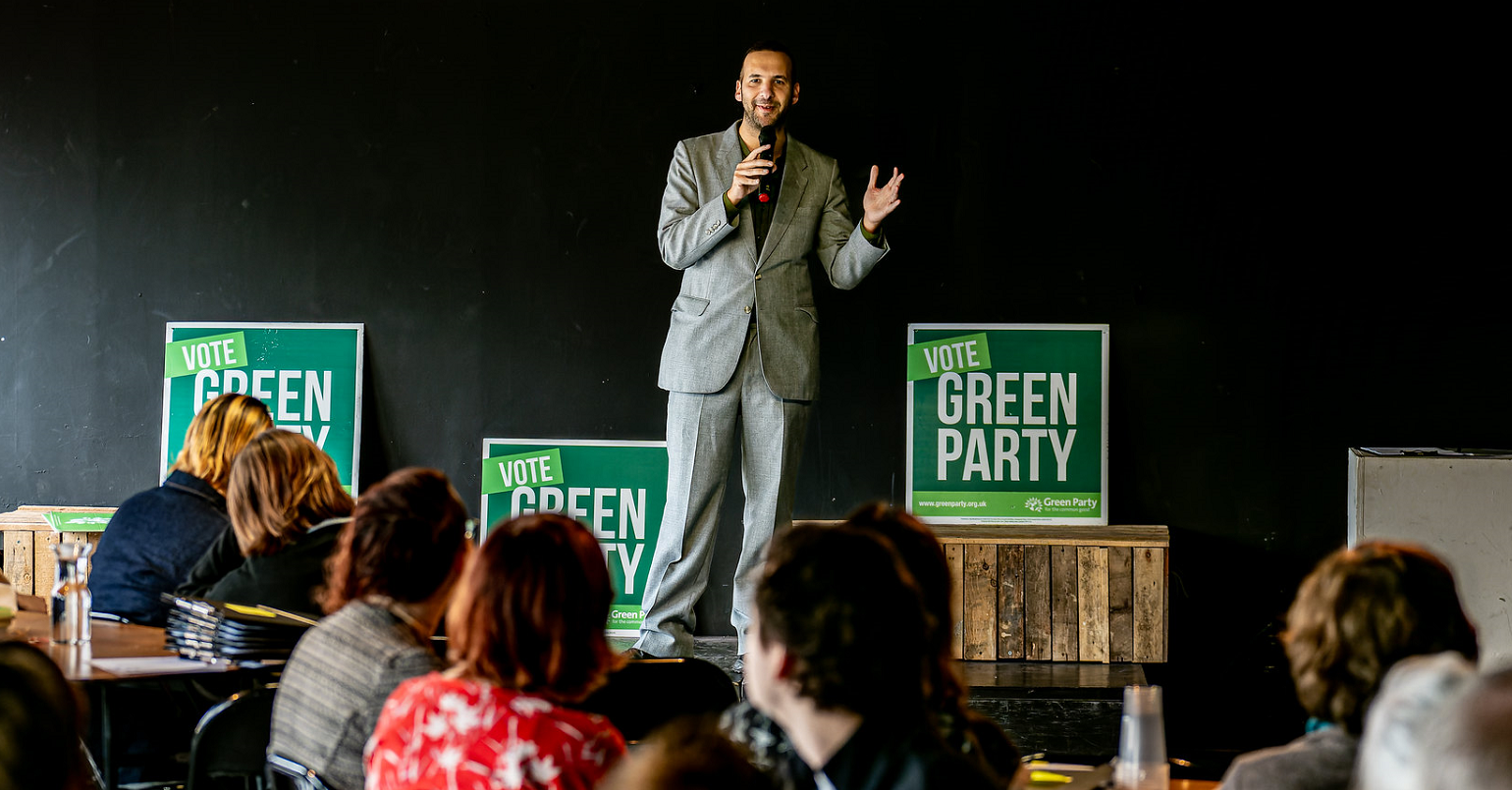The National Front Falls Short in Regional Elections. A Time for Self-reflection, not Self-congratulation

In France, after leading the first round of voting in regional elections last week, the far right National Front failed to take control of any regions after the second round of voting. The indications are that Socialist voters tactically switched en masse to The Republicans, the center right party. National Front leader Marine le Pen has described the election as a ‘campaign of defamation’.
The Republicans, led by former president Nicolas Sarkozy were the main beneficiaries, taking 7 regions. President Francois Hollande’s Socialists took 5, whilst nationalists took Corsica. Despite the welcome defeat in electoral terms, the National Front took a record 28% of the vote. In the same way that UKIP gaining 13% of the vote, despite winning only one seat, in this year’s UK general election is not exactly comforting, this is no time for Europe to pat itself on back. In fact, it is time for us to subject ourselves to far harder scrutiny.
The rise of The National Front in France is deeply concerning. So too the rise of UKIP on our own shores, Austria’s Freedom Party, Northern League in Italy, Party for Freedom in the Netherlands, Belgium’s Vlaams Belang, and, it is impossible not the mention him, Donald Trump’s disturbingly strong contest for the Republican presidential nomination in the United States. How to deal with a new rise of the far right is not only a concern of progressives and greens, but of all citizens.
A false narrative will not help us rise to the challenge. Le Pen and Trump are being declared ‘fascists’ and a direct challenge to our mainstream liberalism by wide sections of the political world. We are told that the far right is adopting the language of liberal democracy, free speech, LGBT rights and women’s rights in order to advance their own, distinctly illiberal agenda. By setting themselves up as defenders of liberal values against a Muslim onslaught, they make themselves acceptable to the mainstream of politics, but underneath they are the same anti-democrats, anti-liberal fascists they always were. See Rafael Behr’s recent comment piece for The Guardian for an exemplar of this complacency.
Comforting narratives, in which we decent liberals distinguish ourselves from the far right, are reassuring, but they weaken our struggle against le Pen and her ilk. To see the far right, still, as a fundamental challenge to liberalism is too only see half the story. It is reassuring to us to think that our mainstream society is not implicated in the gross racism of the far right. Unfortunately, this is not true, and never has been true, of our liberal societies.
Liberalism has always functioned though a double movement of proclaiming universal values of liberty, equality and individualism, whilst at the same time excluding vast numbers of people to show that liberal values are ‘universal’ in name only. The founding theorists of what has become the liberal tradition all demonstrate this: John Locke declared that Native Americans have no land rights; Immanuel Kant thought Africans capable of no more than trifling emotions; and John Stuart Mill believed imperialism was not only justified, but a duty to bring the benefits of higher civilization to the world.
Of course today liberalism continues to exclude many of the same groups it always has – women, BME, LGBTQI+, and working class people, but it is Muslims in particular who are feeling the strongest push back in the wake of the Paris Attacks and the geopolitical fallout. Far right politicians are by no means the only rousers of Islamophobic sentiment, but Islamophobia has become a staple of far right platforms. Whilst the levels of prejudice towards Muslims in Western societies might be reaching new levels of intensity for recent years, it is important to see that this exclusionary politics is as old as liberalism itself. A poignant demonstration of this was the way we quickly took to describing November’s Paris Attacks as the deadliest on French soil since World War 2, conveniently eliding the massacre of 200 Algerian independence demonstrators in 1961.
Fascism was once a severe challenge for liberalism. During the 20th century liberal democracy was considered by large parts of Western society as degenerate and archaic. Fascists rejected democracy even if they were willing to use it to further their political ends. Today’s far right are democrats, sometimes far more so than establishment liberals – Douglas Carswell, UKIP’s only MP, is a strong campaigner for the right of recall, most of the Conservative and Labour front benches are not. Liberalism and its values are far more entrenched now, the rise of the new far right is no good thing, but it presents no fundamental challenge to liberalism.
The far right has had to adopt liberalism. Often this is viewed as a media strategy, as a somehow dishonest attempt to present an acceptable face for the same old far right. This is the dangerous mistake, it is hard to fight an opponent when you cannot see them clearly. It is easy to see why liberals would find it hard to accept that le Pen and Trump are part of their tradition. But in the transformation of the far right from fascist to liberal, the two movements of universalism and exclusion made it easy for them to slip in – bombastic and bigoted, the far right do it better than anyone else. That the rise of the new far right is just a continuation of liberalism as normal does not mean they need combatting any less, we simply must recognize that more than the National Front and UKIP are implicated by today’s exclusionary politics.
It is for this reason that no comfort should be found in the National Front’s unexpectedly bad showing. The Republicans, and even the Socialists, have also adopted the Front’s Islamophobic policies and rhetoric. As relatively easy as it has been for the far right to adopt liberalism (le Pen family feuds aside), mainstream liberalism has no trouble at all embracing the latest form of exclusionary politics. Rather than distancing ourselves from new far right, we need to accept that they simply embody one of our age old political traditions. This should make us question what it takes to live up to the values we are supposed to be so proud of without excluding Muslims, or anyone else for that matter.
PS. We hope you enjoyed this article. Bright Green has got big plans for the future to publish many more articles like this. You can help make that happen. Please donate to Bright Green now.




Leave a Reply